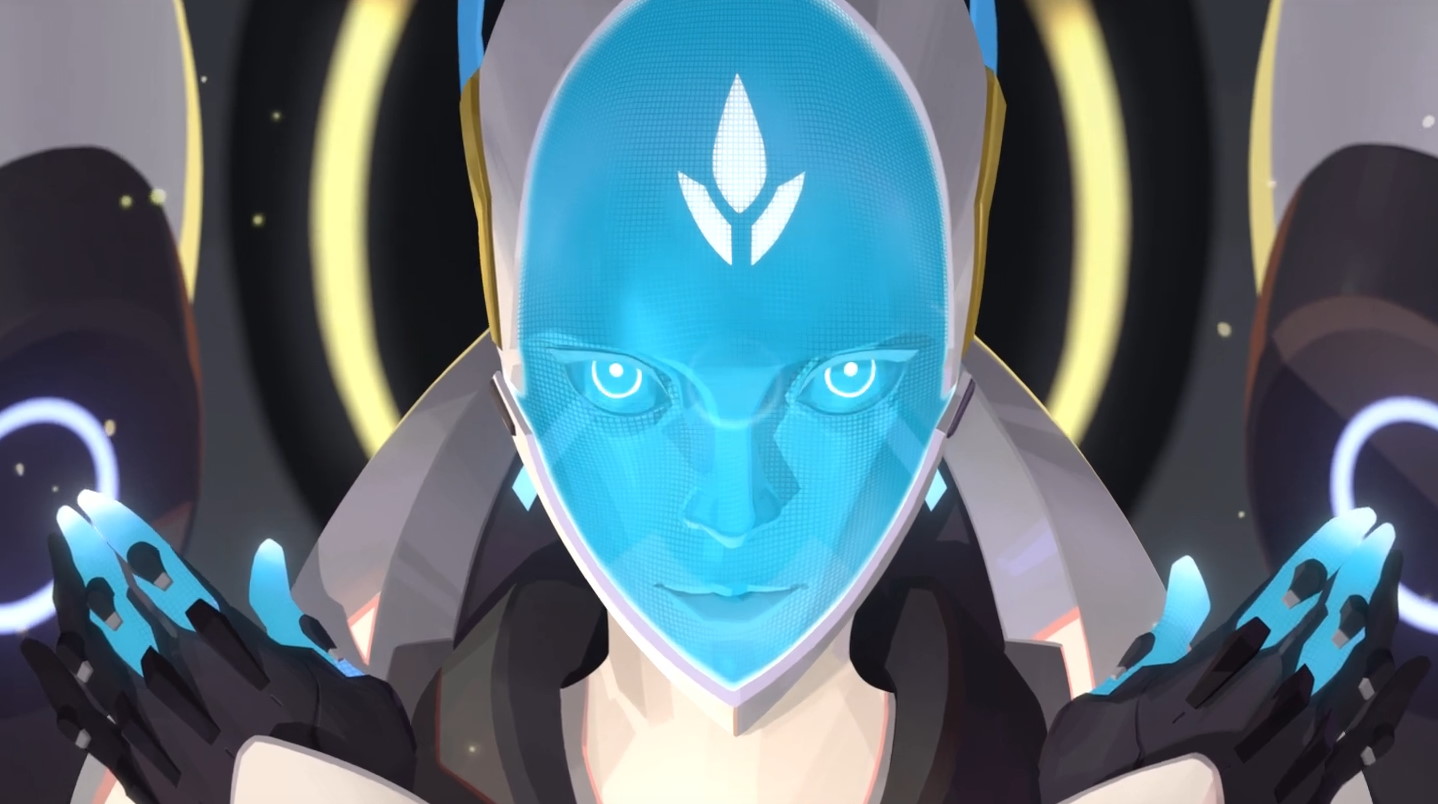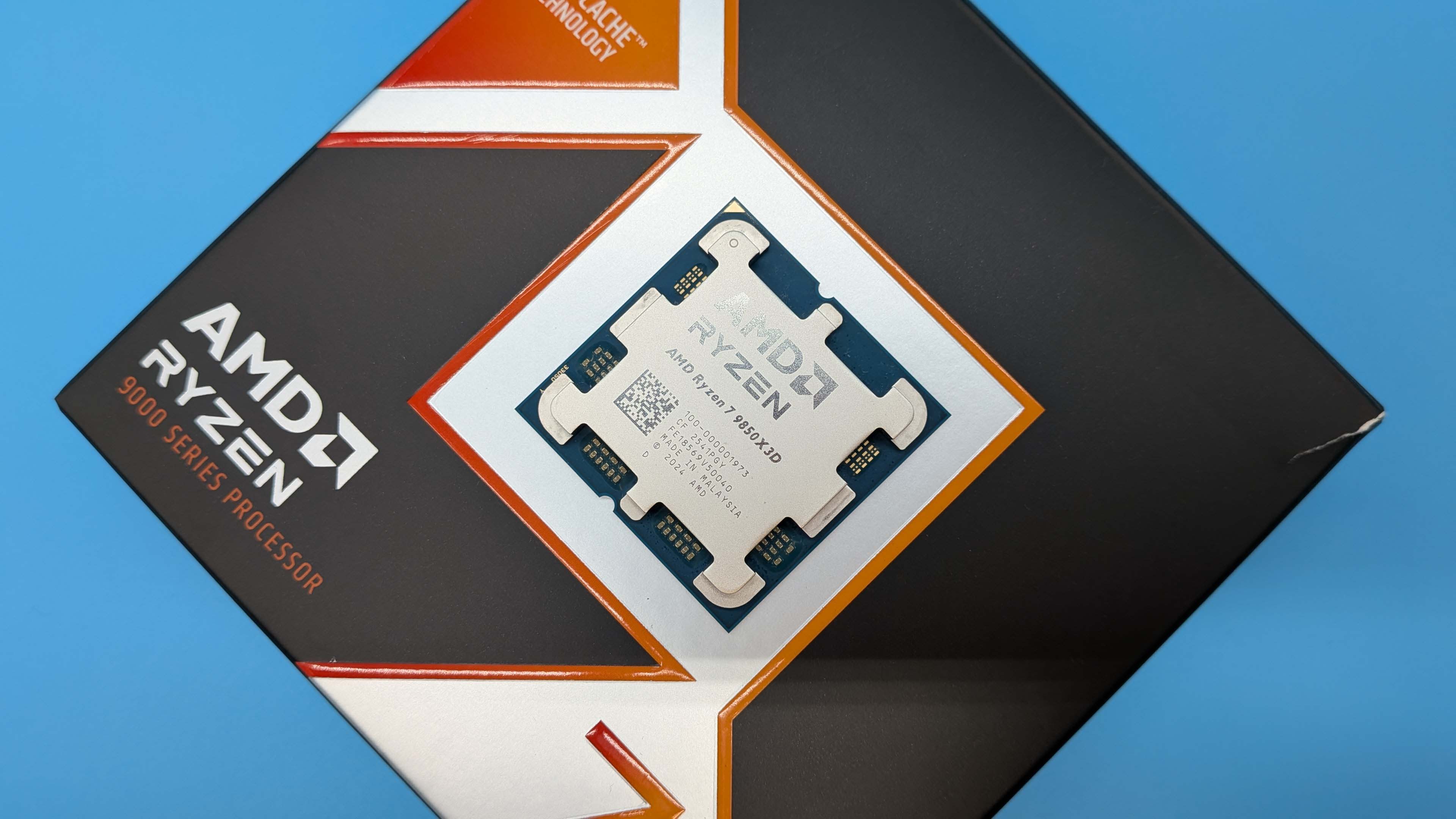Overwatch 2 will record every naughty word you say in voice chat
The new system, similar to Valorant's "voice evaluation," is aimed at combatting toxicity in Overwatch 2.

Blizzard is taking aggressive new steps to tackle toxicity in Overwatch 2, including plans for a system that will record all voice chat and issue bans based on transcription analysis conducted by "chat review tools."
Overwatch, like so many other shooters, has struggled with crappy player behavior pretty much from the start: In October 2017, not much more than a year after it launched, we said that Blizzard's failure to curb toxicity undermines the game's inclusive message. A couple years later, Blizzard talked about using machine learning to combat abusive chat, which seemed to have a positive effect: In November 2020, then-president J. Allen Brack said the technology had resulted in "an incredible decrease not only in toxic text chat, but an overall decrease in re-offense rates."
The updated system, expected to go live shortly after Overwatch 2 comes out, will expand on those capabilities by incorporating automatic transcriptions of voice chat recordings when disruptive behavior is reported. Once the transcription is complete, it will be analyzed for misconduct using Blizzard's internal tools. Blizzard didn't say what will happen in the case of positive results, beyond stating vaguely that the new transcription tool "will enable the team to act on abusive voice chat."
Importantly, none of the recorded or transcribed data will be kept long-term, Blizzard said: Audio files will be erased "quickly" after they're transcribed, and the transcribed text files will be deleted within 30 days of their creation.
"This system relies on players reporting disruptive behavior as soon as they encounter it in game because we do not store voice chat data long term," Blizzard explained. "This means you should report disruptive behavior as it’s occurring in-game to give us the best chance at detecting, catching, and preventing disruptive players. Your reports matter—player reporting is one of the most effective methods for identifying and actioning disruptive behavior as quickly as possible."
The prospect of omnipresent machines listening to and judging my voice chat strikes me as a bit dystopian—the first brick in a bleak "Lowtax bans hentai" real-life meme that ultimately leads to war with Skynet—but Overwatch 2 isn't actually the first game to embrace this technology. That honor goes to Valorant, which began testing a "voice evaluation" system in July. Initial reaction to that news wasn't entirely positive, as many players expressed concern about corporate intrusion and the actual fate of the data collected, but it doesn't appear to have negatively impacted the game or player counts to any appreciable degree. In fact, Riot recently announced plans to up the ante against toxicity by expanding its hunt for disruptive in-game behavior.
Along with the automatic voice recording, beginning on October 4 Blizzard will also require that all Overwatch players on all platforms—including consoles—have a phone number attached to their Battle.net account if they want to launch Overwatch 2. Each account will require a unique phone number, and some types of numbers, including prepaid and VOIP, cannot be used. With Overwatch 2 going free-to-play, it's more vulnerable than ever to cheaters with multiple accounts worming their way back into the game. Blizzard said the SMS Protect system, as it's known, will serve two purposes: to protect against accounts being stolen, and to make it harder for banned players to sneak back in.
Keep up to date with the most important stories and the best deals, as picked by the PC Gamer team.
"Overwatch 2 gives us the chance to continue to level-up and iterate on our systems to combat disruptive behavior and cheating in ways that a simple update wouldn’t allow," Blizzard said.
Overwatch 2 is set to launch, and completely supplant the original Overwatch, on October 4. The voice recording transcription system is expected to go live "in the weeks following."

Andy has been gaming on PCs from the very beginning, starting as a youngster with text adventures and primitive action games on a cassette-based TRS80. From there he graduated to the glory days of Sierra Online adventures and Microprose sims, ran a local BBS, learned how to build PCs, and developed a longstanding love of RPGs, immersive sims, and shooters. He began writing videogame news in 2007 for The Escapist and somehow managed to avoid getting fired until 2014, when he joined the storied ranks of PC Gamer. He covers all aspects of the industry, from new game announcements and patch notes to legal disputes, Twitch beefs, esports, and Henry Cavill. Lots of Henry Cavill.

